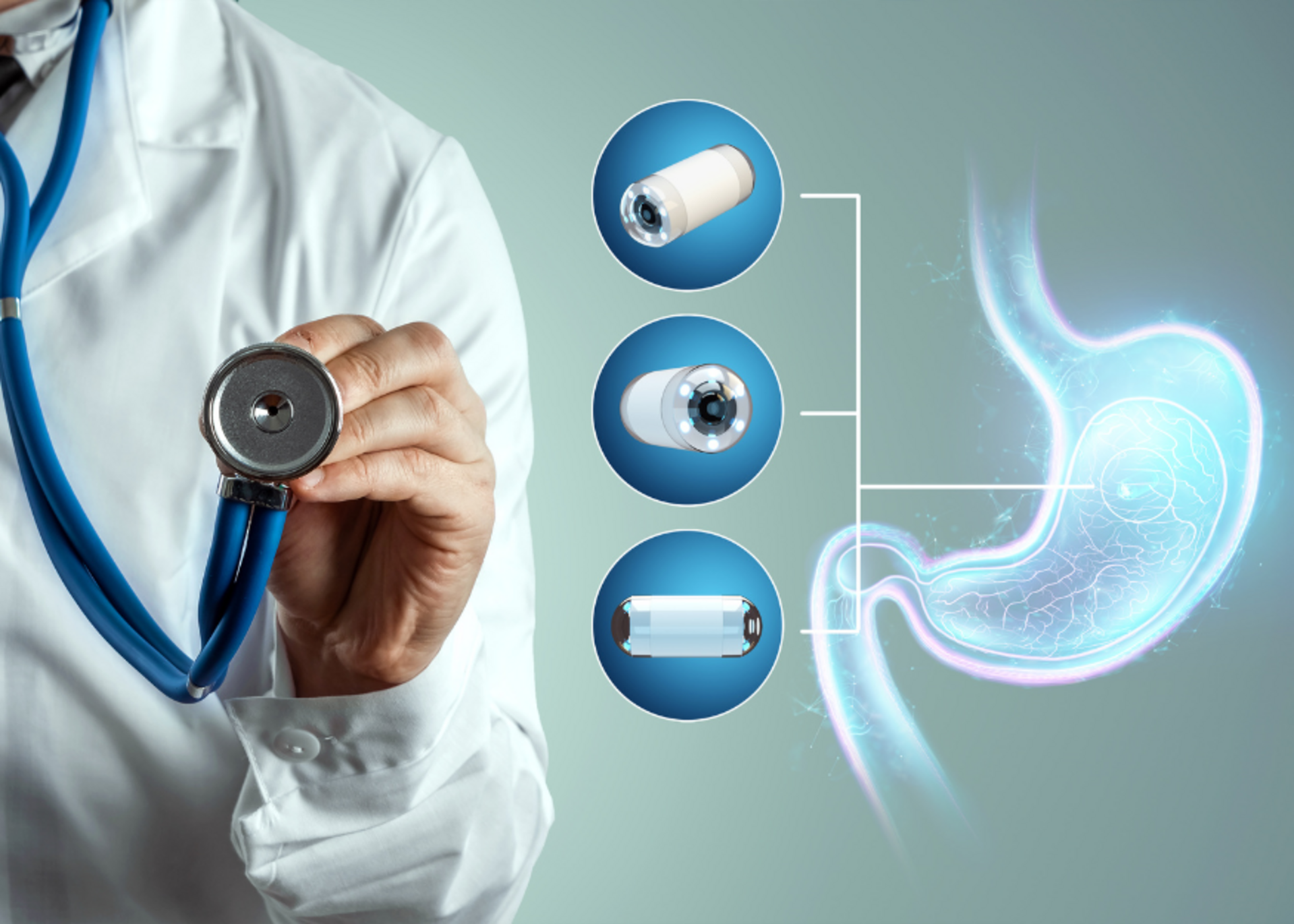Endoscopic Retrograde Cholangiopancreatography (ERCP) is a sophisticated and minimally invasive procedure used to diagnose and treat conditions of the bile ducts, gallbladder, liver, and pancreas. Dr. Rupesh Lunkad, a renowned gastroenterologist in Pune, specializes in performing ERCP, offering accurate diagnoses and effective treatments for complex gastrointestinal (GI) conditions.
This blog delves into the importance of ERCP, its procedure, benefits, and why patients in Pune trust Dr. Lunkad for their gastroenterology needs.

What is ERCP?
ERCP is a medical procedure that combines endoscopy and X-ray imaging to evaluate and treat problems in the bile and pancreatic ducts. During the procedure, a flexible endoscope is inserted through the mouth and guided into the stomach and small intestine to access the ducts. A contrast dye is then injected, allowing the ducts to be visualized under X-ray.
The primary goals of ERCP include diagnosing blockages, strictures, or abnormalities and performing therapeutic interventions like removing gallstones, inserting stents, or relieving obstructions.
When is ERCP Needed?
ERCP is recommended for various conditions, including:
- Gallstones in the Bile Duct: Stones obstructing the bile duct can lead to pain, jaundice, or infections like cholangitis.
- Pancreatic Disorders: Chronic or acute pancreatitis, pancreatic duct blockages, or cysts often require evaluation via ERCP.
- Unexplained Jaundice: A yellowing of the skin and eyes caused by bile flow disruptions.
- Bile Duct Strictures: Narrowing of ducts due to scarring or inflammation.
- Cancer Diagnosis and Management: ERCP can detect tumors in the bile ducts, pancreas, or gallbladder and facilitate biopsies.
- Post-Surgical Complications: Such as bile leaks or blockages following gallbladder removal.
Preparation for ERCP
Proper preparation is essential for a successful ERCP procedure. Dr. Rupesh Lunkad ensures his patients are well-informed and comfortable with the process. Key preparation steps include:
- Fasting: Patients must avoid food and drink for 6-8 hours before the procedure to ensure an empty stomach.
- Medication Adjustments: Blood thinners and certain medications may need to be paused. Patients should provide a complete list of medications to the doctor.
- Health History Review: Disclose allergies, especially to contrast dye, and any chronic health conditions like diabetes or heart problems.
The ERCP Procedure
ERCP is typically performed under sedation and consists of the following steps:
- Sedation: The patient is given sedatives to ensure comfort and relaxation.
- Endoscope Insertion: A thin, flexible tube with a camera is guided through the mouth into the stomach and duodenum.
- Dye Injection: A catheter is used to inject a contrast dye into the bile and pancreatic ducts, making them visible under X-ray.
- Imaging and Diagnosis: X-ray images are taken to identify any blockages, stones, strictures, or tumors.
- Therapeutic Intervention: Based on the findings, the doctor may: - Remove gallstones. - Place stents to open narrowed ducts.- Perform sphincterotomy to enlarge duct openings. - Take tissue samples (biopsies) for further evaluation.
Post-Procedure Care
After the ERCP, patients are observed for a few hours as the sedation wears off. Dr. Lunkad provides personalized post-procedure care instructions, which typically include:
- Dietary Guidelines: Avoid heavy meals for the rest of the day.
- Symptom Monitoring: Report any symptoms such as abdominal pain, fever, or vomiting immediately.
- Follow-Up Appointments: Regular check-ups to ensure recovery and address any underlying conditions.
Benefits of ERCP
ERCP is an invaluable tool in modern gastroenterology due to its diagnostic and therapeutic capabilities. Key benefits include:
- Dual Functionality: ERCP diagnoses and treats conditions in a single procedure, reducing the need for multiple interventions.
- Minimally Invasive: It avoids the need for open surgery, leading to quicker recovery.
- High Precision: Enables targeted treatment of complex GI issues like strictures or bile duct stones.
Potential Risks of ERCP
While ERCP is generally safe, like any medical procedure, it carries some risks. These include:
- Pancreatitis: Inflammation of the pancreas, a common but usually manageable complication.
- Infections: Such as cholangitis, which may require antibiotics.
- Bleeding: Particularly after procedures like sphincterotomy.
- Perforation: Rare but serious, involving injury to the gastrointestinal tract.
Dr. Lunkad expertise ensures that risks are minimized, and any complications are promptly addressed with advanced care protocols.
ERCP is a cornerstone procedure for diagnosing and treating bile duct and pancreatic conditions. Under the expert care of Dr. Rupesh Lunkad in Pune, patients receive precise, effective, and compassionate treatment.
If you are experiencing symptoms like unexplained abdominal pain, jaundice, or recurrent pancreatitis, consult Dr. Lunkad today to explore how ERCP can improve your gastrointestinal health.
Read More:
Read More:
Did you find this topic helpful?